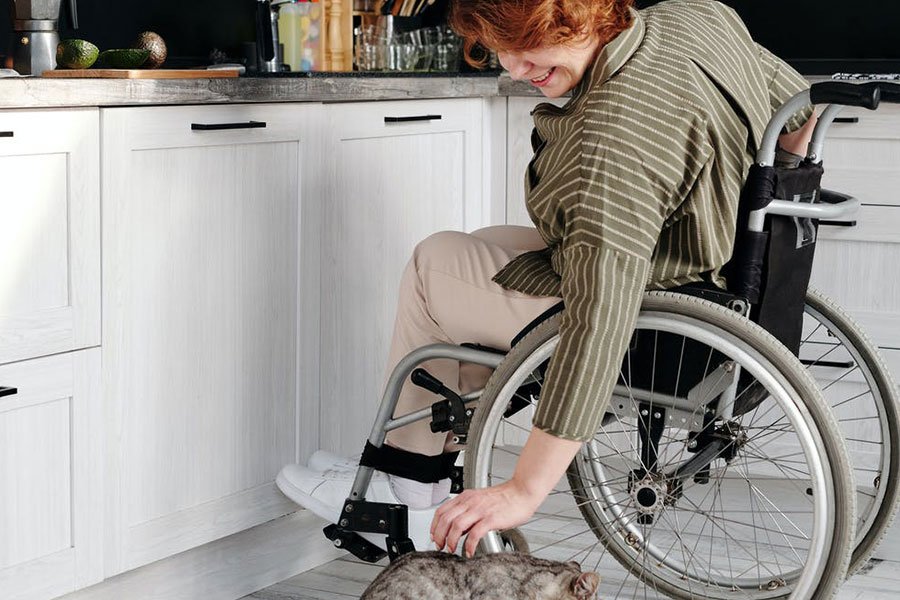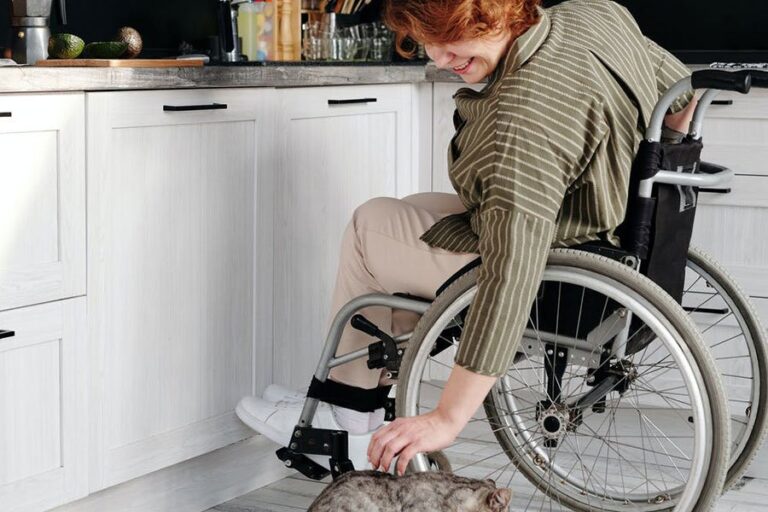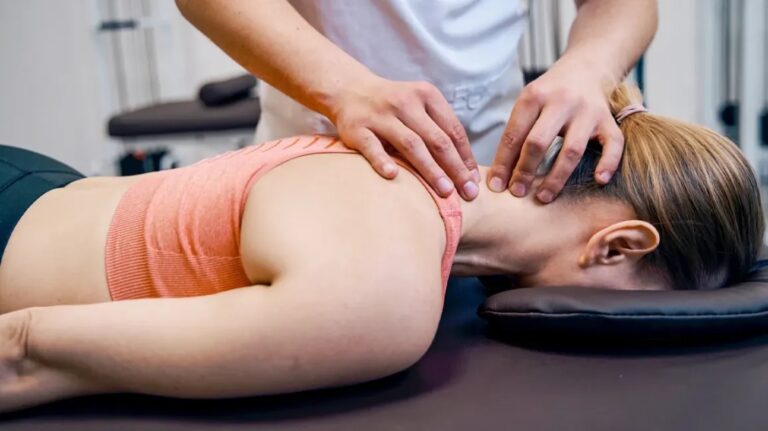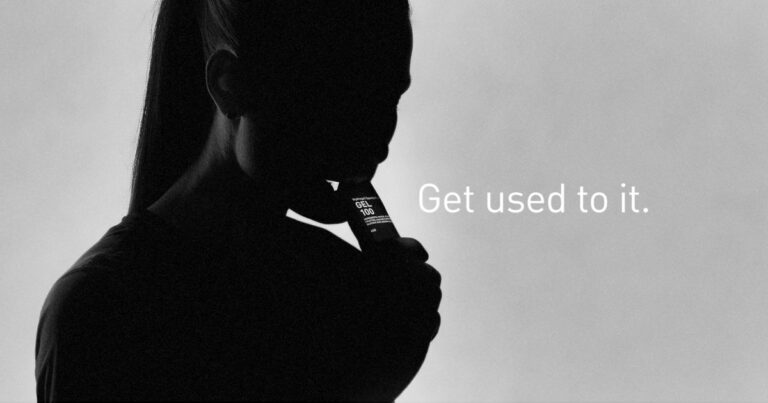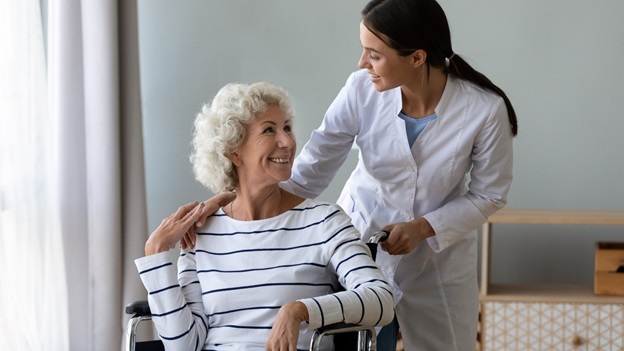Disability Rights Movements – An overview
Disability is a condition that limits a person’s ability to lead an everyday life. Disability can be of various types, like physical, mental, temporary, or lifelong. Genetic disorders, chronic diseases, injury, trauma, or old age can cause disability. There are more than 2.5 billion people globally who need assistive devices to cope with some kind of disability. In most cases, disabled people face tremendous pressure and negligence from all corners. Ill-treatment, abuses, and discrimination are some of the common challenges faced by them in addition to their disability. Gruelling facts and stories of disabled people being tormented surface every now and then. Social activists carry out the disability rights movement globally to create awareness and protect the rights of the disabled community.
A few examples of discrimination
Losing a job or facing discrimination at the workplace is a common scenario after an employee faces some disability. Businesses are sometimes unwilling to employ that person anymore, citing reasons like disability, making him less productive at his job. Also, some organizations provide no opportunity or accessibility for disabled employees to perform their jobs effectively. Disabled students facing discriminatory behaviour at school or university are also standard. Few institutions don’t allow fundamental rights to students with disabilities. No Disability mobility devices or other facilities are provided at the institute for easy access to libraries, halls, washrooms, or classrooms at upper stories. No opportunities are given for disabled students to finish their education and start working, ignoring their talent and ending their dreams to build a career.
In some cases, students are bullied, mistreated, or face derogatory comments. This often leads them into depression, forcing them to discontinue education. Disability advocates take stern action against these ill practices across institutional, social, and public domains.
Disability Rights Activists – what do they do?
People with disabilities often face adverse treatment, be it at home, in the workplace, in educational institutes, or in public places. It is already difficult for them to lead an everyday life with a disability. The insensitivity and unsympathetic behaviour from all spheres break them further. They tend to lose self-confidence and motivation to live. Moreover, the loss of work opportunities due to disability creates a financial burden on them. As they need to depend on others for the most minor needs, they feel obligated to the family. It often brings suicidal tendencies to the disabled. In some cases, the disabled family member is abandoned by the family. Disability rights activists advocate the fundamental rights of disabled people and work relentlessly towards improving their lives.
Disability Act
In the USA, the ADA, or the Americans with Disabilities Act, was passed in 1990 to protect the rights of disabled people from discrimination and mandating accessibility in all buildings and public places. However, this Act has been amended since its inception, considering the changing needs in modern life. Disability activists are also part of disability-friendly movements that make alterations in policies and law enforcement. In other developed countries, similar laws have been passed to protect the rights of disabled people. All these social and legal reforms promote equality and inclusivity and prohibit discrimination against people with disabilities.
Positive changes
With a vast network of disability activists through various channels worldwide, some positive changes can be witnessed. To avoid legal implications, institutes, businesses, and public service providers are building ramps, lifts, hoists, etc., for easy access. Disability-friendly mobility devices or wheelchairs can be availed at most buildings and public areas like rail stations, airports, shopping malls, etc. Barrier-free washrooms and emergency services for disabled people are provided at many establishments. Healthcare service providers and disability-friendly social groups organize workshops and awareness programs to accommodate disabled people’s needs and address their challenges. With high-speed internet and various social media platforms, the stories of these activists and groups fighting for disability rights are going viral. This brought significant changes as the activist groups gained popularity and collected donations on humanitarian grounds. They can reach a broader audience, including people with disabilities in need. It also provides a platform for disabled people to express their concerns and seek guidance.








